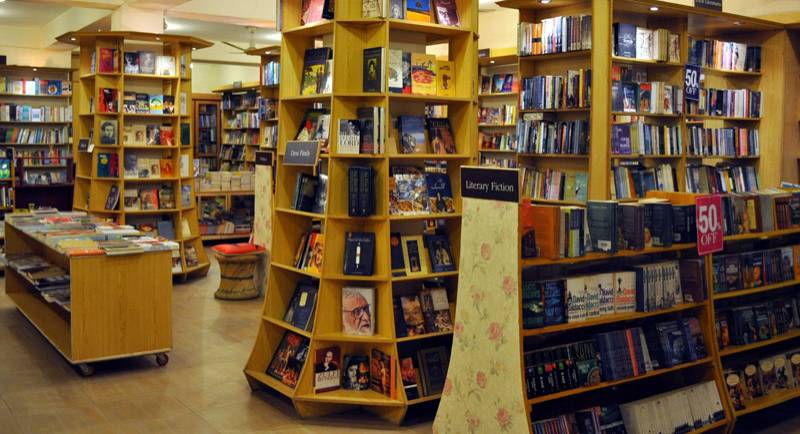
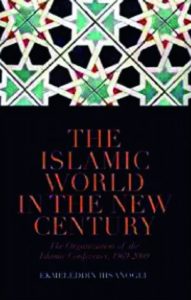
The Islamic World in the New Century: The Organisation of the Islamic Conference
Ekmeleddin İhsanoğlu
Hurst Publishers (2010)
The Organization of the Islamic Conference (OIC) is the Muslim world’s only intergovernmental body& mdash;the largest such system operating outside of the United Nations. Based in Jeddah, Saudi Arabia, the OIC was founded forty years ago to respond to the Palestinian crisis and counts fifty-seven Muslim countries among its members. It has since branched out into the areas of economic development, education, culture, science, technology, conflict resolution, and tackling Islamophobia. Sharing the history of the OIC with Western readers for the first time, this book details the achievements, successes, and failures of this singular political body and demonstrates why modernization is so central to the continued development of Islamic society. In 2005, the OIC elected Ekmeleddin Ihsanoglu of Turkey to transform the organization’s platform and intentions. Ihsanoglu has since tackled the difficult problems of illiteracy and poverty, economic underdevelopment, and ethnic and sectarian conflict. In this history he devotes an important chapter to Islamophobia and its impact on relations between Islam and the West.The OIC treats Islamophobia as a form of racism and xenophobia, and Ihsanoglu explains why it is essential for international institutions to work together to combat violent extremism. He also argues that representative government, free speech, and equal rights for all citizens are critical for Muslim societies, and he envisions the need to reform the OIC as a necessary step toward renewing the Muslim world. One of the most important studies of the Muslim world to emerge directly from its participants, The Islamic World in the New Century ushers in a new era of change.
Ekmeleddin Ihsanoglu is the ninth and first democratically elected secretary general of the Organization of the Islamic Conference and the founding director general of the Research Centre for Islamic History, Culture, and Arts, based in Istanbul. He is past president of the International Union for the History and Philosophy of Science and the author of Science, Technology, and Learning in the Ottoman Empire.
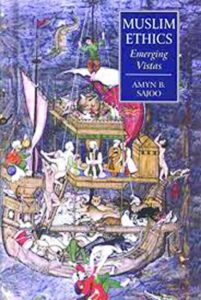
Muslim ethics: Emerging Vistas
Amyn B. Sajoo
I.B. Tauris Publishers in association with the Institute of Ismaili Studies (2004)
Recent political and social events as well as advances in science and technology have posed challenges to the traditional Muslim discourse on ethics. In this latest in the series of Occasional Papers produced by the Institute of Ismaili Studies, Amyn B. Sajoo examines these challenges, and through a critical analysis of the implications of emerging initiatives in political pluralism and civic culture, in bio-medicine and environmental conservatism, considers how the contours of public ethics in Islam may be redefined to provide shared conceptions of the good in pluralist societies.
Amyn B. Sajoo is a Visiting Scholar at McGill University and a regular commentator on public affairs in the news media on both sides of the Atlantic.
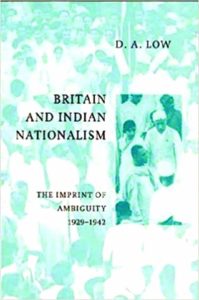
Britain and Indian Nationalism: The Imprint of Amibiguity
D.A. Low
Cambridge University Press (2002)
On the eve of the fiftieth anniversary of Indian independence Anthony Low examines anew the distinctive character of perhaps the most momentous struggle of the twentieth century. He shows how the struggle was conditioned by the ambiguity of the British position, determined to hold fast to their Indian empire yet reluctant to offer unyielding resistance to their nationalist opponents. Britain and Indian Nationalism makes a major contribution to the historiography of modern India, to Britain’s relations with its empire, and to the history of decolonization in the twentieth century.
Donald Anthony Low, known as Anthony Low or D.A. Low, was a historian of modern South Asia, Africa, the British Commonwealth, and, especially, decolonization.
Islam without Extremes: A Muslim Case for Liberty (2011)
Mustafa Akyol
W.W. Norton & Company (2011)
From furious reactions to the cartoons of Prophet Muhammad to the suppression of women, news from the Muslim world begs the question: is Islam incompatible with freedom? With an eye sympathetic to Western liberalism and Islamic theology, Mustafa Akyol traces the ideological and historical roots of political Islam. The years following Muhammad’s passing in 632 AD saw an intellectual “war of ideas” rage between rationalist, flexible schools of Islam and the more dogmatic, rigid ones. The traditionalist school won out, fostering perceptions of Islam as antithetical to modernity. However, through his careful reexamination of the currents of Muslim thought, Akyol discovers a flourishing of liberalism in the nineteenth-century Ottoman Empire and the unique “Islamo-liberal synthesis” of present-day Turkey. Only by accepting a secular state, he powerfully asserts, can Islamic societies thrive. Persuasive and inspiring, Islam without Extremes offers a desperately needed intellectual basis for the reconcilability of Islam and religious, political, economic, and social freedoms.
Mustafa Akyol studied political science and history at Bogazici University. Since early 2000s, he has been writing regular opinion columns for Turkish publications like Hurriyet Daily News, and recently for the Middle-East focused Al-Monitor.com. Since fall 2013, he is also a regular contributing opinion writer for The New York Times.
In February 2017, another book by Mr. Akyol, “The Islamic Jesus: How the King of the Jews Became a Prophet of the Muslims” was published by St. Martins Press.
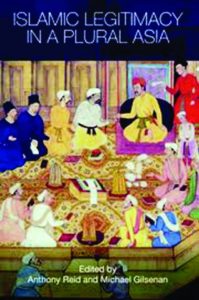
Islamic Legitimacy in a Plural Asia
Anthony Reid (editor), Michael Gilsenan (contributor)
Routledge (2008)
A global debate has emerged within Islam about how to coexist with democracy. Even in Asia, where such ideas have always been marginal, radical groups are taking the view that scriptural authority requires either Islamic rule (Dar-ul-Islam) or a state of war with the essentially illegitimate authority of non-Muslims or secularists. This book places the debate in a specifically Asian context. It draws attention to Asia (east of Afghanistan), as not only the home of the majority of the world’s Muslims but also Islam’s historic laboratory in dealing with religious pluralism. In Asia, pluralism is not simply a contemporary development of secular democracies, but a long-tested pattern based on both principle and pragmatism. For many centuries, Muslims in Asia have argued about the legitimacy of non-Islamic government over Muslims, and the legitimacy of non-Muslim peoples, polities and rights under Islamic governance. This book analyses such debates and the ways they have been reconciled, in South and Southeast Asia, up to the present. The evidence presented here suggests that Muslims have adapted flexibly and creatively to the pluralism with which they have lived, and are likely to continue to do so.
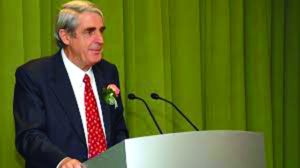
Anthony Reid was founding Director of the Asia Research Institute, National University of Singapore, having previously been Professor of Southeast Asian History at UCLA (1999-2002) and ANU (1987-99). His books include The Indonesian National Revolution (1974), Southeast Asia in the Age of Commerce, 1450-1680, 2 vols (1988-93), An Indonesian Frontier: Acehnese and other histories of Sumatra ( 2004) and, as editor, The Making of an Islamic Political Discourse in Southeast Asia (Centre of Southeast Asian Studies: Monash University, 1993), and Verandah of Violence: The Historical Background of the Aceh Problem (Singapore University Press, 2006).
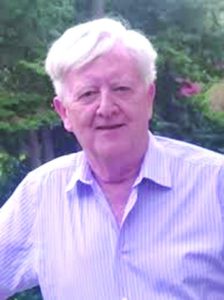
Michael Gilsenan is Professor of Middle Eastern Studies and Anthropology at New York University, US. His books include Recognizing Islam (1982/2000) and Lords of the Lebanese Marches (1996) His current research is concerned with aspects of the diaspora of Arab families from the Hadhramaut (south Yemen) into South East Asia over the past one hundred years.

